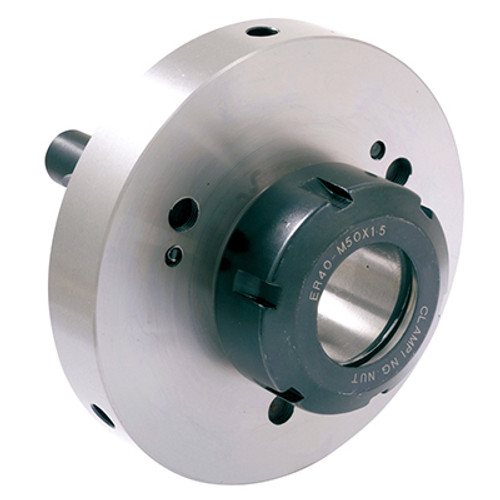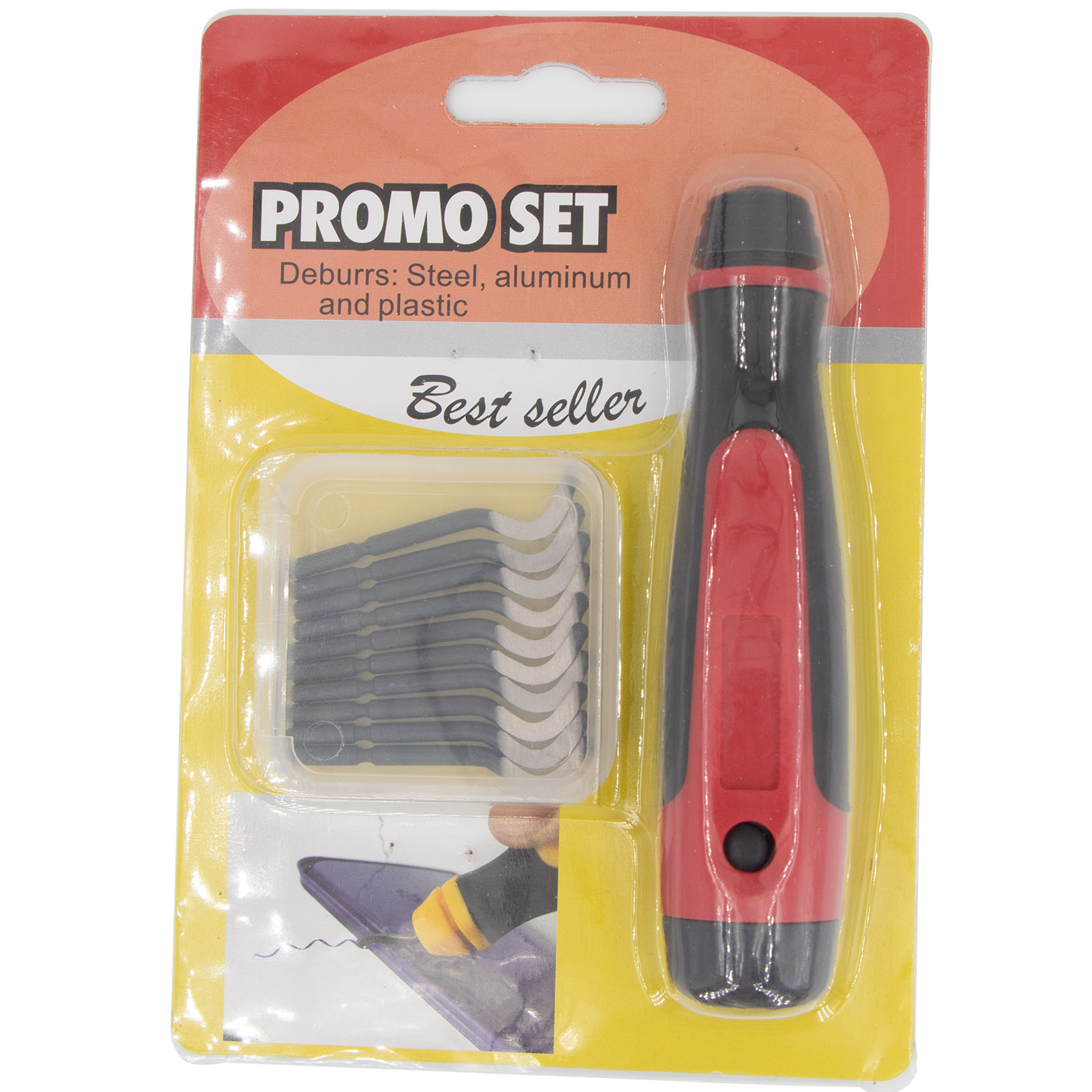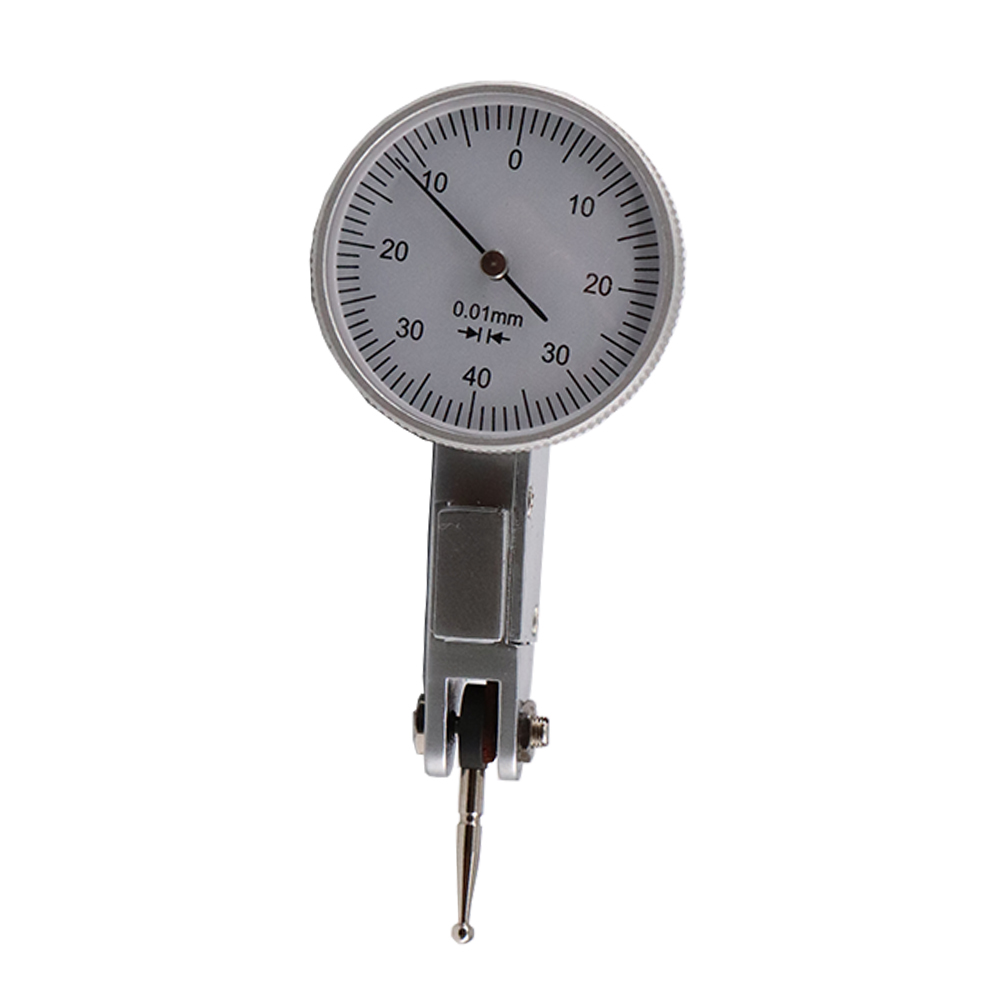digital caliper Factory
Sourcing digital calipers directly from a digital caliper factory can offer significant advantages in terms of cost, customization, and quality control. This guide explores what to look for in a reputable factory, key considerations for bulk purchasing, and how to ensure you get the best possible measuring tools for your specific needs. Understanding the technical specifications, quality certifications, and after-sales support is crucial for a successful partnership.
Understanding the Basics of Digital Calipers
Before diving into factory selection, it's essential to understand the core components and features of digital calipers. These precision instruments are used for measuring internal and external dimensions, depth, and steps with high accuracy. Their digital display eliminates parallax errors, making them easier to read than traditional vernier calipers.
Key Features to Consider
- Accuracy and Resolution: Crucial for precise measurements. Look for specifications that meet your requirements (e.g., ±0.001 inch accuracy, 0.0005 inch resolution).
- Measuring Range: Determine the maximum dimensions you'll need to measure. Common ranges include 0-6 inches, 0-8 inches, and 0-12 inches.
- Material: Stainless steel is a common material for the body of the caliper, providing durability and corrosion resistance.
- Display: A clear, easy-to-read LCD screen is essential.
- Functions: Common functions include zero setting, inch/mm conversion, and data output.
- Power Source: Most digital calipers use button-cell batteries. Battery life is a factor to consider, especially for frequent use.
- IP Rating: Look for an IP rating (e.g., IP54, IP67) if you need a caliper that is protected against dust and water.
Finding a Reputable Digital Caliper Factory
Choosing the right digital caliper factory is paramount for ensuring the quality and consistency of your measuring tools. Here's what to look for:
Research and Due Diligence
- Online Presence: Does the factory have a professional website? Is it easy to find information about their products, certifications, and manufacturing processes? Wayleading Tools, at www.wayleading.com, prides itself on transparency and providing detailed product specifications and support.
- Customer Reviews and Testimonials: Search for online reviews and testimonials from other customers. Check industry forums and social media groups for feedback.
- Factory Visit: If possible, visit the factory to assess their facilities, equipment, and quality control procedures.
Certifications and Standards
- ISO 9001: This certification indicates that the factory has a quality management system in place.
- CE Marking: Required for products sold in the European Economic Area.
- RoHS Compliance: Restricts the use of hazardous substances in electrical and electronic equipment.
Manufacturing Capabilities and Quality Control
- Production Capacity: Ensure the factory can meet your volume requirements.
- Quality Control Procedures: Inquire about the factory's quality control procedures, including incoming material inspection, in-process inspection, and final inspection.
- Equipment: Does the factory have modern, well-maintained equipment?
Key Considerations for Bulk Purchasing
Pricing and Payment Terms
- Negotiate Pricing: Negotiate pricing based on volume and payment terms.
- Payment Terms: Discuss payment terms, such as L/C, T/T, or Escrow.
- Currency: Agree on the currency for payment.
Minimum Order Quantity (MOQ)
Most factories have a minimum order quantity. Be sure to clarify the MOQ before placing an order.
Customization Options
Determine if the factory offers customization options, such as logo printing, custom packaging, or modified designs.
Shipping and Logistics
- Shipping Options: Discuss shipping options, such as sea freight, air freight, or express courier.
- Shipping Costs: Clarify who is responsible for shipping costs.
- Lead Time: Determine the lead time for production and shipping.
Warranty and After-Sales Support
A strong warranty and reliable after-sales support are crucial. Inquire about the warranty period, repair procedures, and availability of spare parts. Consider factories, like Wayleading Tools, who prioritize customer satisfaction and offer comprehensive support for their digital caliper products.
Ensuring Quality and Accuracy
Calibration and Testing
Before using digital calipers, it is essential to calibrate them to ensure accuracy. The process usually involves comparing the caliper readings to a known standard. Many digital caliper factories offer calibration services, or you can use an external calibration laboratory.
Proper Usage and Maintenance
To maintain the accuracy and longevity of your digital calipers, follow these guidelines:
- Cleanliness: Keep the calipers clean and free of debris.
- Storage: Store the calipers in a protective case when not in use.
- Battery Replacement: Replace the battery regularly to prevent damage from leakage.
- Avoid Extreme Conditions: Avoid exposing the calipers to extreme temperatures or humidity.
Example: Comparing Digital Caliper Specifications
| Feature | Model A | Model B |
|---|---|---|
| Accuracy | ±0.001 inch | ±0.0015 inch |
| Resolution | 0.0005 inch | 0.001 inch |
| Measuring Range | 0-6 inches | 0-8 inches |
| IP Rating | IP54 | IP67 |
*Specifications are examples and may vary. Always refer to the manufacturer's data sheet.
Conclusion
Sourcing digital calipers from a reputable digital caliper factory requires careful research, due diligence, and attention to detail. By understanding the key features of digital calipers, evaluating factory capabilities, and ensuring quality control, you can secure a reliable supply of accurate and durable measuring tools. Remember to consider your specific needs, budget, and long-term goals when making your decision. Wayleading Tools is dedicated to providing high-quality digital calipers and exceptional customer service; visit www.wayleading.com to learn more.
Related products
Related products
Best selling products
Best selling products-
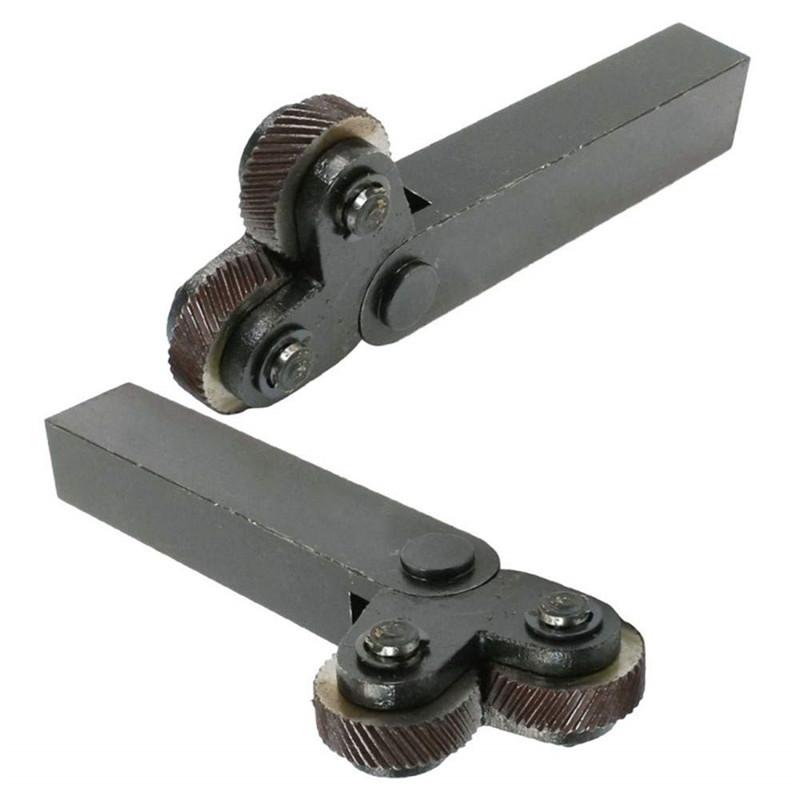 Dual Wheel Knurling Tools With Diamond Pattern For Industrial Type
Dual Wheel Knurling Tools With Diamond Pattern For Industrial Type -
 Type J-60 Degree Cone Tungsten Carbide Rotary Burr
Type J-60 Degree Cone Tungsten Carbide Rotary Burr -
 25PCS DIN338 HSS Twist Drill Bit Set From 1-13mm
25PCS DIN338 HSS Twist Drill Bit Set From 1-13mm -
 DIN4971-ISO1 Carbide Tipped Tool Bit With Right And Left Hand
DIN4971-ISO1 Carbide Tipped Tool Bit With Right And Left Hand -
 HSS Threading Taps – ISO 529, Straight Flute, Spiral Flute & Spiral Point
HSS Threading Taps – ISO 529, Straight Flute, Spiral Flute & Spiral Point -
 Stub Milling Machine Arbor With NT, R8 and MT Shank
Stub Milling Machine Arbor With NT, R8 and MT Shank -
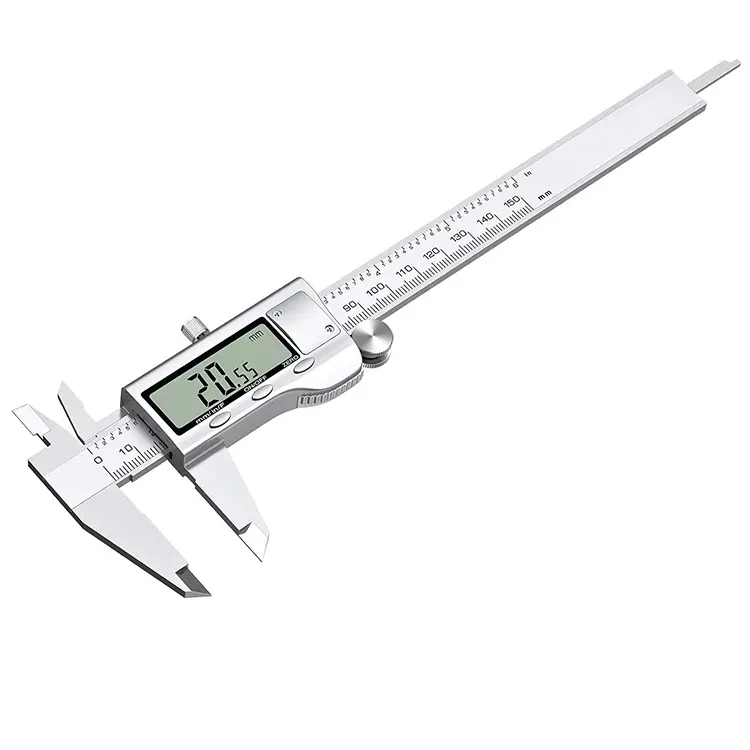 Precision Digital Caliper Of Metal Case For Industrial
Precision Digital Caliper Of Metal Case For Industrial -
 Boring Head Shank For Boring Head With Industrial Type
Boring Head Shank For Boring Head With Industrial Type -
 Type C Cylinder Ball Nose Tungsten Carbide Rotary Burr
Type C Cylinder Ball Nose Tungsten Carbide Rotary Burr -
 Precision V Block And Clamps Set With Heavy Duty
Precision V Block And Clamps Set With Heavy Duty -
 Single Wheel Knurling Tools With Straight Pattern For Industrial Type
Single Wheel Knurling Tools With Straight Pattern For Industrial Type -
 Precision Micrometr Holder For Micrometer
Precision Micrometr Holder For Micrometer
Related search
Related search- carbide hole saw Manufacturer
- british standard taper pipe full profile threading insert
- AG55 threading insert Suppliers
- ER collet fixture Supplier
- Collets Factories
- center drill bit Manufacturer
- internal grooving toolholders Suppliers
- STFC turning tool holder Manufacturer
- blade micrometer Manufacturers
- AG55 threading insert Supplier

